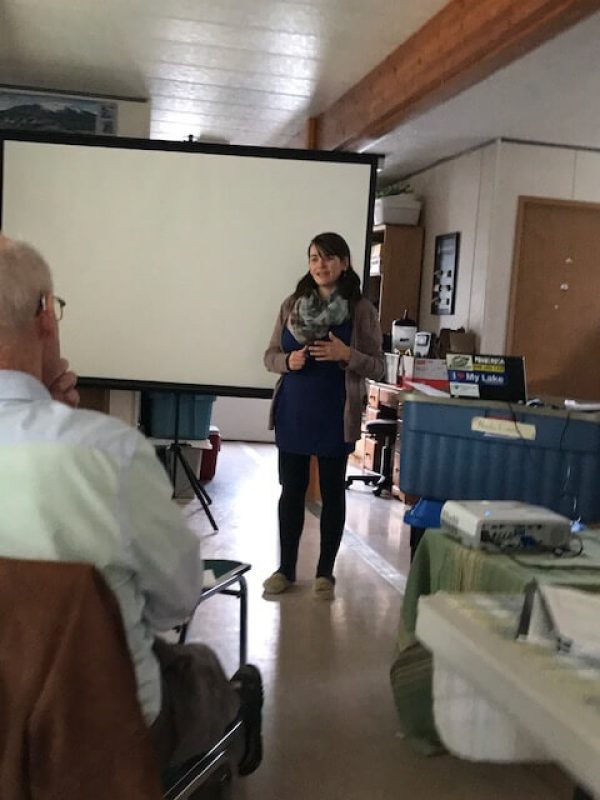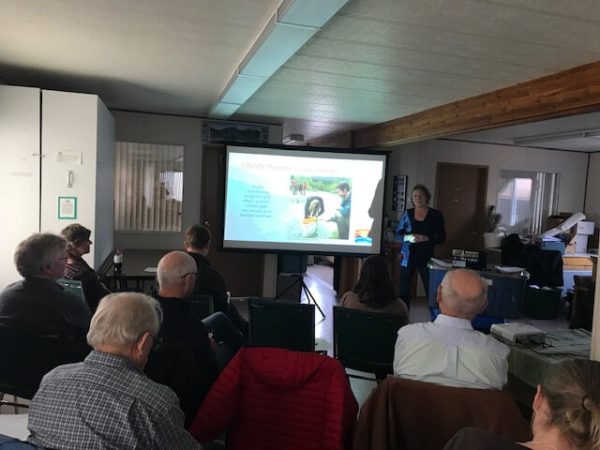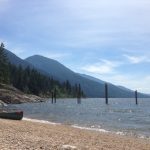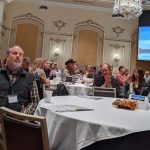Travelling tour brings together Columbia Basin water stewardship groups
From November 25-28, 2019 the Columbia Basin Watershed Network (CBWN) Program Manager, a research student from the University of Vermont and team members from Living Lakes Canada (LLC) travelled throughout the Columbia Basin to connect with CBWN member groups through the CBWN Fall Meetings. The purpose of CBWN Fall Meetings travelling tour was to reach out to more members for their monitoring updates and issues they’re facing, as well as provide updates regarding the CBWN transition and collaboration with LLC on the Columbia Basin Water Monitoring Collaborative. The Collaborative is currently directed by an Advisory and sub-committees to finalize a water monitoring framework and open source water data hub (water data commons*) that CBWN members will be able to access and contribute to.

Alan Thomson – CBWN Board Member (Nelson meeting)
The first meeting in Nelson was very well-attended. The team heard about local water monitoring successes in addition to numerous concerns surrounding logging within local watersheds. Groups reiterated efforts to increase water quality monitoring in order to assess logging impacts on local water quality. Groups were encouraged to continue monitoring and record data to raise awareness and support decision makers in gauging impacts for required remediation.
The New Denver meeting was well-attended and included a range of hydrology, agronomy and forestry experts who relayed information regarding their long-term monitoring work in creeks such as Bonanza, Carpenter and Silverton. Topics covered included invasive species monitoring, difficulties with access to monitoring sites, increased tributary temperature and associated impacts to fish and increased frequency of landslides as a result of logging. Recently, funding was awarded to rehabilitate three wetlands along Bonanza Creek, to enhance suitable wildlife habitat in the area while improving water quality.
In the Invermere area, groups conducting detailed monitoring are noticing impacts to Kootenay River and Columbia Lake as a result of point source inputs from the Canal Flats area. The data collected also raised the need for a better understanding of the flow and gradient of the Kootenay River. All groups continue to suffer funding challenges. Community participation in monitoring remains high through involvement with the Lake Windermere Ambassadors and the Columbia Lake Stewardship Society.
The Cranbrook meeting completed the travelling tour, and was attended by employees from both the City of Cranbrook and Village of Canal Flats to discuss concerns for improved water management from a drinking water perspective as well as for source water protection. Flood mitigation and the relationship between water quality and climate change were raised along with air quality health concerns due to forest company slash burning. Considerable efforts are being made by local groups in their joint program development with First Nations youth and school groups as well as transboundary groups. Invasive mussels are a concern for groups in Montana with the development of highly technical detection systems proving to be useful for reducing the movement of Zebra and Quagga mussels into B.C.
Groups were able to share concerns, discuss successes and brainstorm for future collaborations within the Basin. Collaboration will increase the overall success of community based water monitoring and data collection, and will support future management practices and decision makers. Thank you to all groups who took the time to attend!
Click here for the full CBWN Fall Meeting Report.

